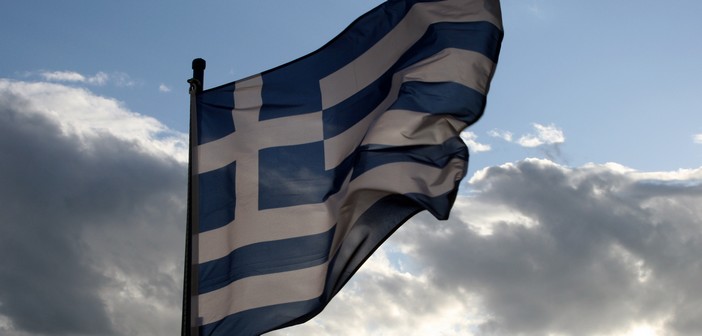Yesterday’s Eurogroup and Eurozone meeting resulted only in an agenda:
At the latest, Alexis Tsipras must submit his detailed proposals by Thursday, ahead of a new Eurogroup meeting on Saturday and a meeting of the 28 EU countries on Sunday.
For François Hollande, “an agreement is still possible.” The President of the Republic believes in it, but Angela Merkel is “not overly optimistic.”
However, caution is advised: a Grexit plan is “ready.” A “detailed” scenario is being considered, according to Jean-Claude Juncker, President of the European Commission.
The coming hours and days will therefore be crucial to judge the country’s membership in the single currency and its place in Europe after Sunday’s referendum, which rejected austerity and strict measures by more than 60%.
Saying “NO” is a statement, but it is not another option.
Alexis Tsipras, the Greek Prime Minister, has indeed won. He has solidified Syriza with its far-left and far-right allies and strengthened his personal position by “decapitating” his opponent and predecessor, Antonis Samaras.
However, this does not give him any additional leverage in negotiations with creditors and Europe, despite the resignation of his former Economy Minister, the controversial and flamboyant Yanis Varoufakis, who had proclaimed: “I would rather cut off my arm than sign an agreement.”
For now, it is his head that has been removed after Christine Lagarde (IMF) publicly wished for “adult” negotiators.
Can the situation be saved in extremis? Nothing is less certain, despite the calming speeches of the heads of state and government.
Everyone knows that Greece, which has requested 7 billion for urgent needs, will require 50 billion euros by 2018.
In this case, it is preferable to show a clean slate, be less arrogant, and not position oneself as a victim: a showdown between the EU and Athens could very well turn against Greece this time.


